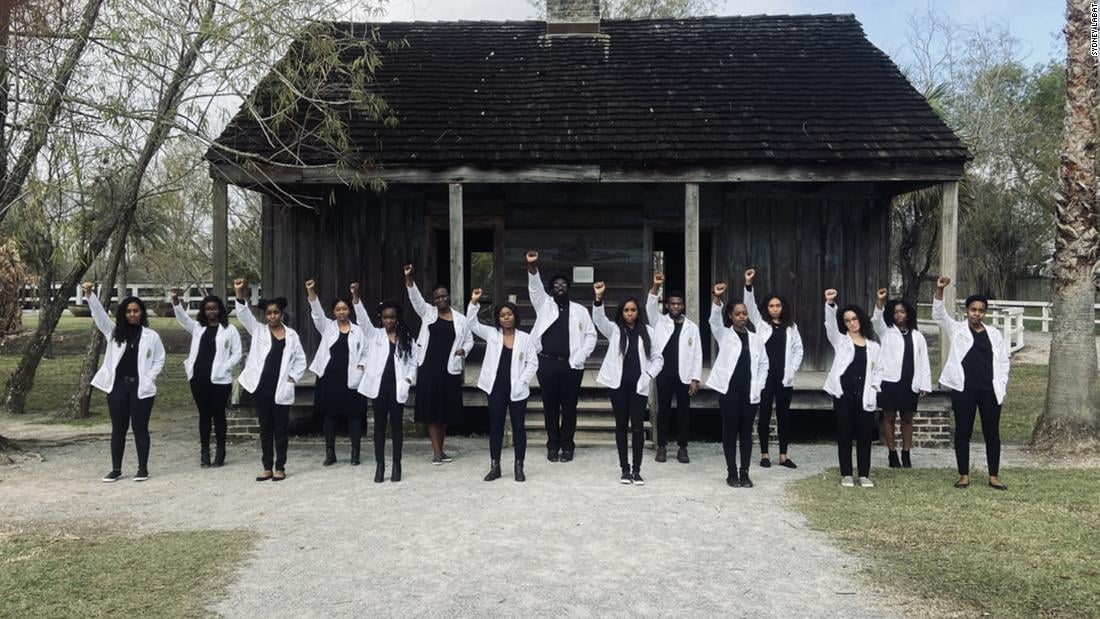Wasn't trying to condescend, was just stating. About your second point, imo not a great stance please see below.
So I haven't gone around to every PCP in my town and asked if that's what you're wondering. That's beside the point though bc what I'm saying isn't just that we need lgbt providers just for the heck of it (in which case it wouldn't matter whether the person identifies or not).
What I mean is that there is no advertised/documented/whatever you want to call LGBT pcps in my hometown. In comparison, where I work now, there is a public list of lgbt providers in the area. Imo sexual orientation is a bit less mundane in terms of healthcare than parenthood status, marriage etc etc. Sexual orientation is inextricably intertwined with healthcare issues for a lot of people. Its completely up to a provider whether or not they want to divulge this information publicly, but what it says when there is a provider openly says "I'm (x)" is that people who are also (x), and have health issues or questions pertaining to (x) know that this is someone they can go to without a doubt and get their needs addressed. I'm not saying lgbt friendly providers aren't a good thing, I'm not saying gay providers who don't publicly identify aren't good people, I'm just saying that its important to have open providers because for people who want that, it removes a shadow of doubt that sometimes underlies lgbt people seeking out healthcare.

